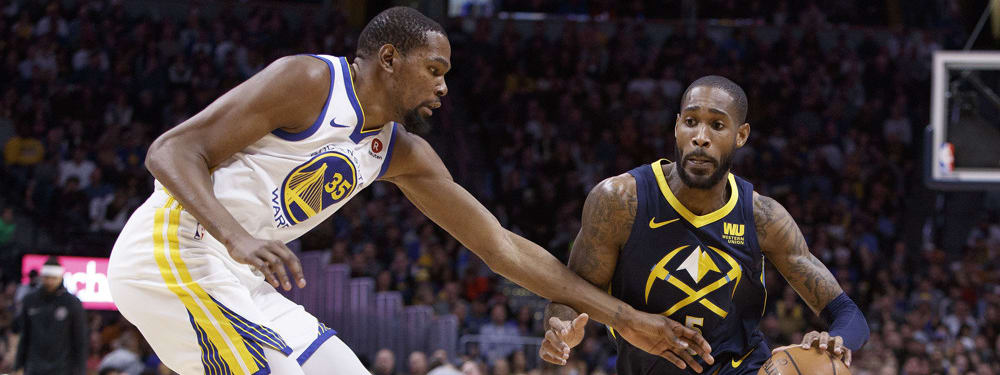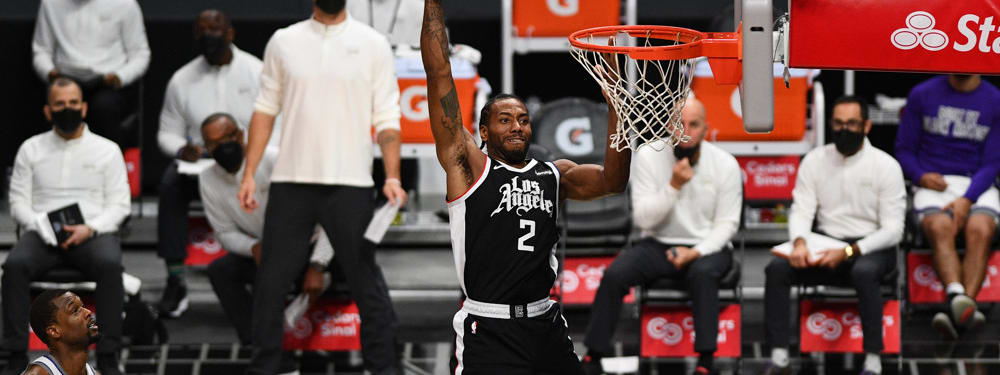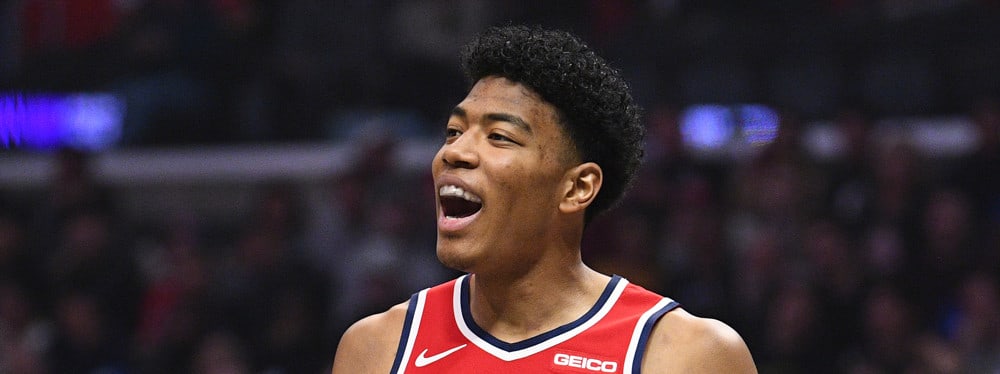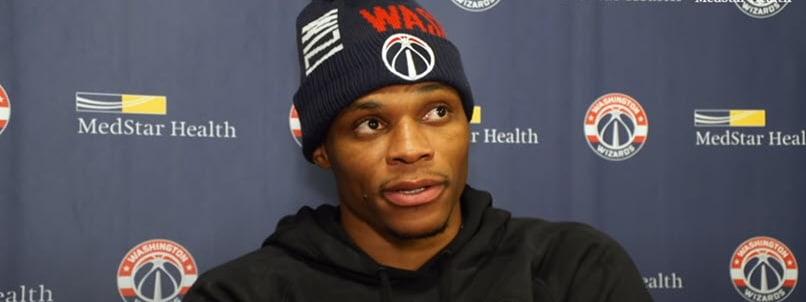Recent RotoWire Articles Featuring Mike Scott
See More
Scott was traded from the Clippers to the 76ers as part of the Tobias Harris deal. He averaged 5.8 points and 3.5 rebounds on the season, though his production was much better in Philadelphia that with Los Angeles, averaging 7.8 points and 3.8 rebounds with the 76ers. His final season averages were almost identical to his 2017-18 numbers, including playing time. Though he played 17.7 minutes per game on the season, his role increased with Philly, where Scott saw the floor 24.0 minutes a night. He averaged 11.8 points, 7.1 rebounds and 2.6 threes per 36 minutes, which bodes well if he takes on a bigger role in 2019-20. Scott looks like the most obvious reserve option at power forward, even with James Ennis and Jonah Bolden back in the fold and Kyle O'Quinn added to the frontcourt. Scott can stretch the floor as a big man, and his long-range shooting will be valuable to the second unit. An injury to the aging Horford or missed time from Joel Embiid would be a big boost to Scott's fantasy stock.
Scott matched a career high of 18.5 minutes per game in his first season with Washington, allowing him to average three-year bests of 8.8 points, 3.3 rebounds and 1.1 assists across 76 games. Most notably, Scott provided a floor-stretching presence in the frontcourt, as the 6-foot-8 big man hit just under a three-pointer per game at an impressive 40.5 percent clip. His 66 total three-pointers also matched a career high and that's earned him a look with the Clippers after the Wizards opted to let him leave during free agency. Scott should slot in as a deep reserve at power forward and he'll likely struggle to see significant minutes behind the likes of Tobias Harris, Luc Mbah a Moute and Montrezl Harrell. That said, if injuries strike the roster, Scott could become a deep ball specialist in deeper leagues.
Scott entered last season with his status with the Hawks on shaky ground due to a felony drug charge, and despite that case still being outstanding, it didn't deter the power forward from turning in a productive year off the bench. Though he saw his court time decline for a third consecutive campaign, Scott developed into a more efficient scorer, highlighted by a 39.2 percent success rate from downtown. Since he's not much of an asset on the defensive end, Scott’s value going forward will hinge on his ability to prove that his improved accuracy from three-point range wasn't a fluke. Unfortunately, even if he's able to come close to replicating his efforts in that department, Scott doesn't offer enough scoring or rebounding in his limited minutes to make much of an impact in the DFS or season-long fantasy realm. He's made just seven starts in 263 career games, and at 28 years old, it doesn't seem likely that Scott will be groomed for a top-unit role unless Paul Millsap succumbs to an injury.
In his third season, Scott tallied 7.8 points, 2.9 rebounds, 1.1 assists, and 0.4 steals in 17 minutes per game through 68 games. He shot 44 percent from the field, 34 percent from downtown, and 79 percent from the free-throw line. Despite Mike Muscala earning the nod over Scott during the final few games of the playoffs, it was Scott's best season of his career. Unfortunately, Scott was arrested on felony drug charges this summer and faces up to 25 years in prison. Given Muscala's late push past Scott in the postseason playing rotation and Scott's potential prison sentence, it's hard to justify drafting Scott in fantasy this season.
Pressed into service when Atlanta's frontcourt was decimated by injury, second-year pro Mike Scott became one of the Hawks more reliable options off the bench, appearing in 80 of 82 games and averaging 9.6 points in 19 minutes per game. A newfound three-point shot was a big factor in his success. Scott attempted just one three-pointer as a rookie and did not connect. In his second year, he attempted 2.5 three-pointers per game and hit them at a 31-percent clip. Scott was rewarded after the season with a three-year, $10 million contract to remain with the Hawks, but he'll be hard-pressed to replicate last season's success. The return of Al Horford and the addition of rookie Adreian Payne should make the Hawks frontcourt much deeper this year, which could push Scott down to third on the power forward depth chart.
Praised by Al Horford for being the team's "most improved player" in the offseason, Scott could play his way into more minutes if he continues at the current pace. He made nearly half his shots from the floor and shot a decent percentage from the charity stripe in his debut season, so the former Virginia product should see more minutes.
The Hawks have said they view Scott as a power forward, so he's likely to see only limited playing time if he does make the roster.










